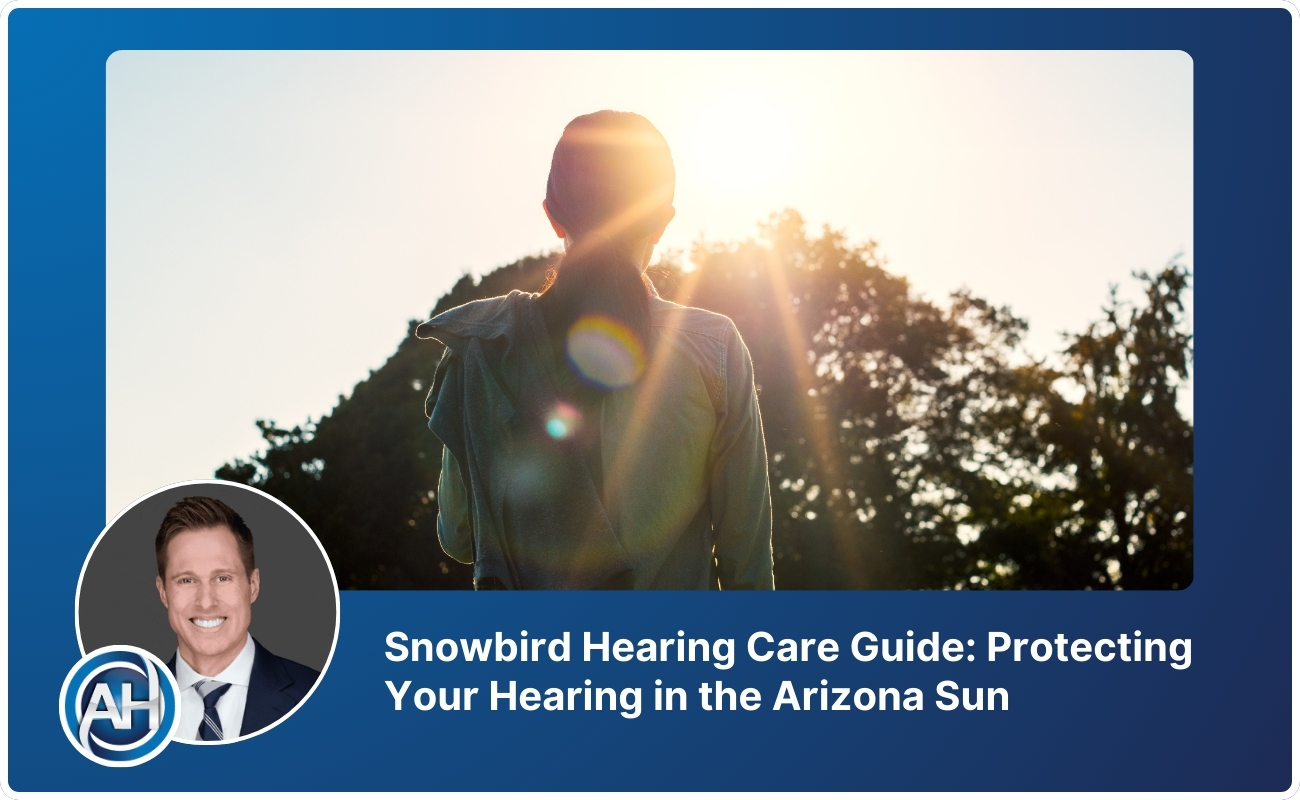
Age Related Hearing Loss Explained
Information about Presbycusis, or age-related hearing loss. People with presbycusis frequently have hearing loss in both ears (bilateral hearing loss). Because it happens gradually, people are often unaware that they are losing their hearing.
Integrate your CRM with other tools
Lorem ipsum dolor sit amet, consectetur adipiscing elit lobortis arcu enim urna adipiscing praesent velit viverra sit semper lorem eu cursus vel hendrerit elementum morbi curabitur etiam nibh justo, lorem aliquet donec sed sit mi dignissim at ante massa mattis.
- Neque sodales ut etiam sit amet nisl purus non tellus orci ac auctor
- Adipiscing elit ut aliquam purus sit amet viverra suspendisse potenti
- Mauris commodo quis imperdiet massa tincidunt nunc pulvinar
- Adipiscing elit ut aliquam purus sit amet viverra suspendisse potenti
How to connect your integrations to your CRM platform?
Vitae congue eu consequat ac felis placerat vestibulum lectus mauris ultrices cursus sit amet dictum sit amet justo donec enim diam porttitor lacus luctus accumsan tortor posuere praesent tristique magna sit amet purus gravida quis blandit turpis.

Techbit is the next-gen CRM platform designed for modern sales teams
At risus viverra adipiscing at in tellus integer feugiat nisl pretium fusce id velit ut tortor sagittis orci a scelerisque purus semper eget at lectus urna duis convallis. porta nibh venenatis cras sed felis eget neque laoreet suspendisse interdum consectetur libero id faucibus nisl donec pretium vulputate sapien nec sagittis aliquam nunc lobortis mattis aliquam faucibus purus in.
- Neque sodales ut etiam sit amet nisl purus non tellus orci ac auctor
- Adipiscing elit ut aliquam purus sit amet viverra suspendisse potenti venenatis
- Mauris commodo quis imperdiet massa at in tincidunt nunc pulvinar
- Adipiscing elit ut aliquam purus sit amet viverra suspendisse potenti consectetur
Why using the right CRM can make your team close more sales?
Nisi quis eleifend quam adipiscing vitae aliquet bibendum enim facilisis gravida neque. Velit euismod in pellentesque massa placerat volutpat lacus laoreet non curabitur gravida odio aenean sed adipiscing diam donec adipiscing tristique risus. amet est placerat.
“Nisi quis eleifend quam adipiscing vitae aliquet bibendum enim facilisis gravida neque velit euismod in pellentesque massa placerat.”
What other features would you like to see in our product?
Eget lorem dolor sed viverra ipsum nunc aliquet bibendum felis donec et odio pellentesque diam volutpat commodo sed egestas aliquam sem fringilla ut morbi tincidunt augue interdum velit euismod eu tincidunt tortor aliquam nulla facilisi aenean sed adipiscing diam donec adipiscing ut lectus arcu bibendum at varius vel pharetra nibh venenatis cras sed felis eget.
One of the main types of hearing loss is sensorineural hearing loss. With this type, the inner ear hair cells are damaged and can no longer properly send neural impulses to the brain to be processed as sound. Presbycusis, or age-related hearing loss, is the most common form of sensorineural hearing loss. The other prevalent type of sensorineural hearing loss is noise-induced hearing loss, which occurs due to excessive noise exposure. While noise-induced hearing loss can be avoided, presbycusis develops over time and is unavoidable.
People with presbycusis frequently have hearing loss in both ears (bilateral hearing loss). Because it happens gradually, people are often unaware that they are losing their hearing. The numbers bear the effects of age-related hearing loss on older adults: Hearing loss affects one out of every three adults in the United States between 65 and 74. This rises to eighty percent of those aged 85 and up.
"Frequently misdiagnosed and undertreated."
According to experts, age-related hearing loss is underdiagnosed and undertreated in the United States. Primary care physicians routinely screen just approximately 12.9 percent of the overall US population for hearing loss, despite the significant percentage of Americans aged 65 and older who suffer from hearing loss.
It's a truth of aging that even baby boomers will experience hearing loss. Yet, despite this, only about 1 in 5 persons will seek treatment for age-related hearing loss. This figure hasn't changed in more than 40 years.
Untreated Hearing Loss Has Consequences
A recent study found that hearing impairment and self-reported communication difficulties were strongly linked with hearing loss severity. In addition, the level of hearing loss was also linked to lower scores in cognition functioning. In other words, untreated hearing loss makes it difficult to understand and communicate and affects our cognitive and physical capacities.
Hearing loss left untreated for an extended time can have other severe ramifications for one's general health and well-being. It hurts our earning power at work, causes rifts in our interpersonal connections, and puts our physical safety in danger. It has been associated with an increased rate of falls and hospitalization in studies. Other research has found that untreated hearing loss puts a more significant strain on your cognitive ability, potentially putting you at risk for dementia.
How to tell if you have age-related hearing loss
It is critical to first recognize the indicators of hearing loss to combat the effects of hearing loss. Unfortunately, we may not detect hearing loss right away since it is an invisible condition.
If you respond yes to any of the following questions, you may have hearing loss, according to the Hearing Loss Association of America (HLAA).
- Do you frequently ask others to repeat themselves?
- Do you have problems hearing in a group setting?
- Do you think that others are mumbling when they talk to you?
- Have you ever failed to hear someone talking from behind you?
- Do you turn up the volume on the TV or the vehicle radio higher than others would like to?
- Having trouble understanding others on the phone?
- Do you have a hard time hearing your alarm clock?
- Are you afraid of going to crowded places because of the noise?
Seeking help with hearing loss.
It is critical to seek treatment as soon as possible if you suspect you have hearing loss. Unfortunately, according to the HLAA, people wait for an average of seven years from when they first notice irregularities in their hearing to when they seek treatment. In addition, hearing loss may gradually develop and exacerbate some of the problems mentioned above throughout this time.
Hearing specialists recommend that those over the age of 50 get an annual hearing test. Even if you don't have hearing loss, it's crucial to watch your hearing abilities.
Time to get a hearing aid?
You might believe that a hearing aid isn't right for you. After all, 15 years ago, maybe your friend had a hearing aid that was bulky and feedback-ridden, and it didn't appear to be particularly effective. However, hearing technology has advanced significantly in recent years, with sleek, sophisticated gadgets suited to your specific hearing needs.
Today's hearing aids are pretty small and blend in with your skin tone, so they are virtually undetectable. They're practically unnoticeable since they sit snugly behind the ear or even within the ear canal! In addition, they have features to help you hear in any situation, including noise reduction, directionality, and speech enhancement. Not only that, but many of today's hearing aids come with Bluetooth connections, allowing you to connect your hearing aids to your smartphone for enhanced streaming and crystal-clear phone calls.
Visit us today if you're ready to have your hearing tested and treated. We'll conduct a thorough hearing evaluation and present you with the best recommendations for a hearing aid that will fit seamlessly into your daily routine and restore your hearing.




